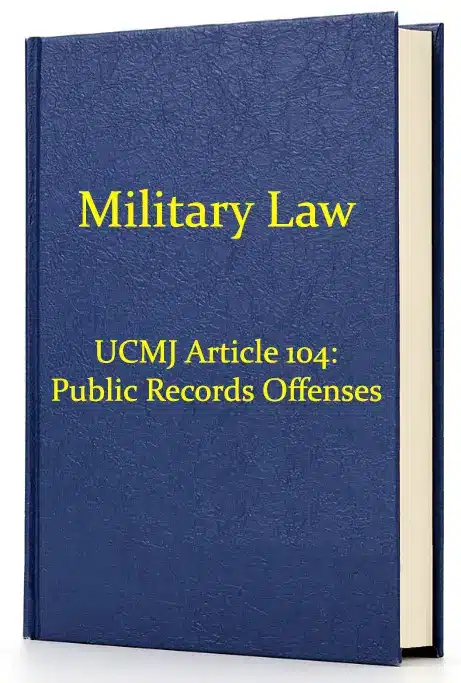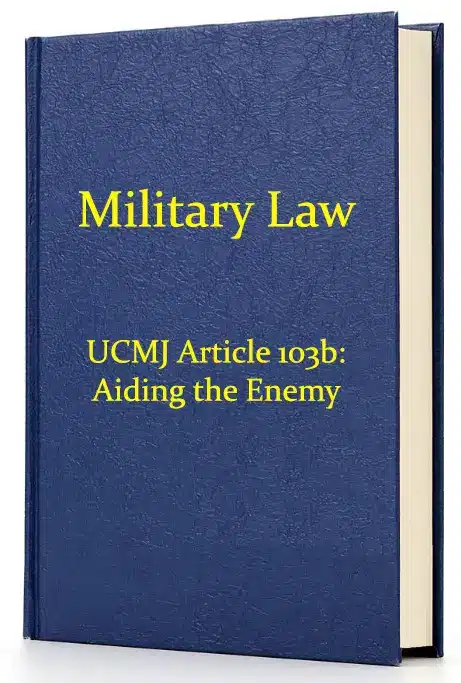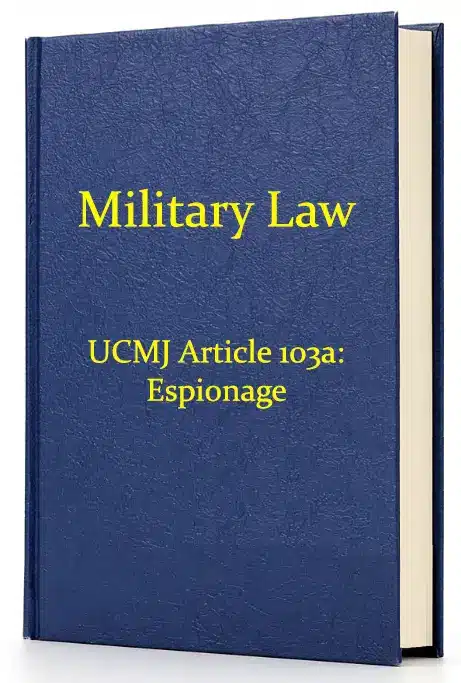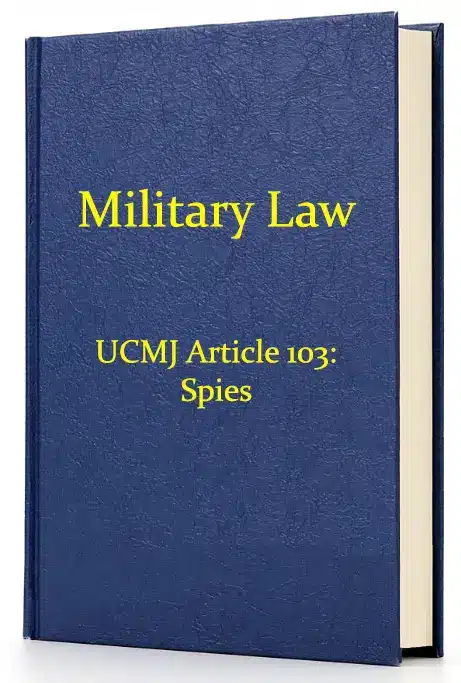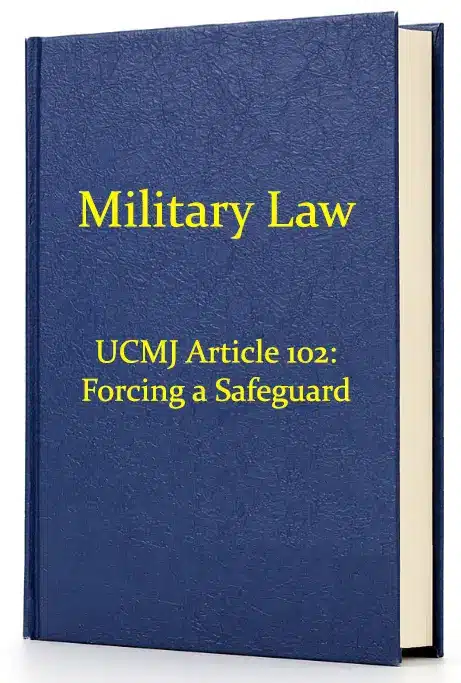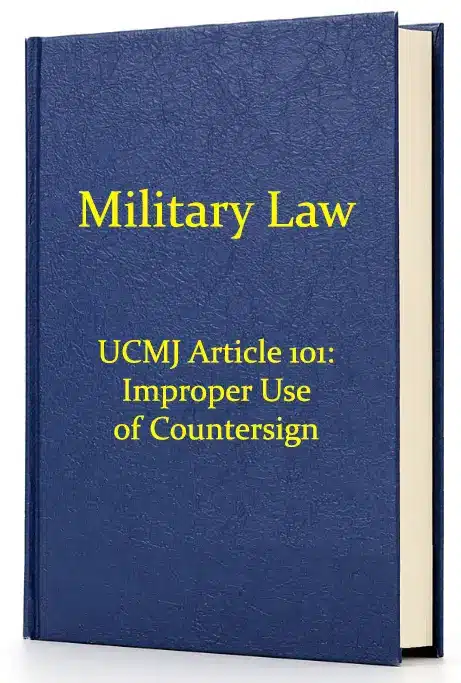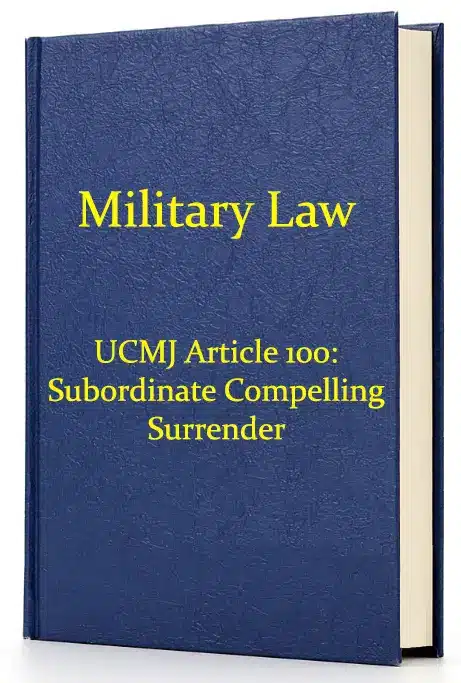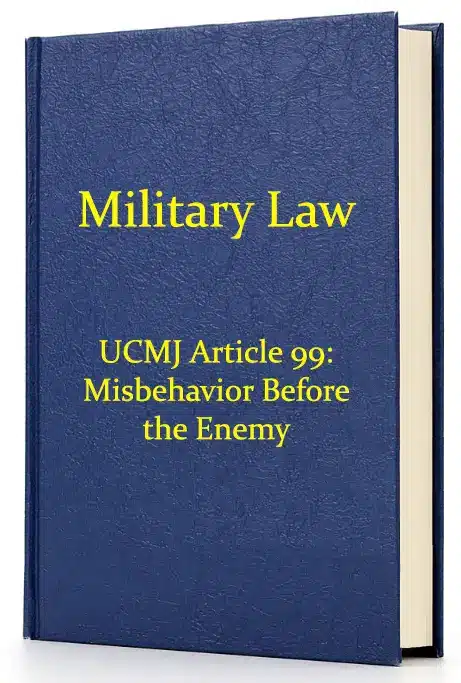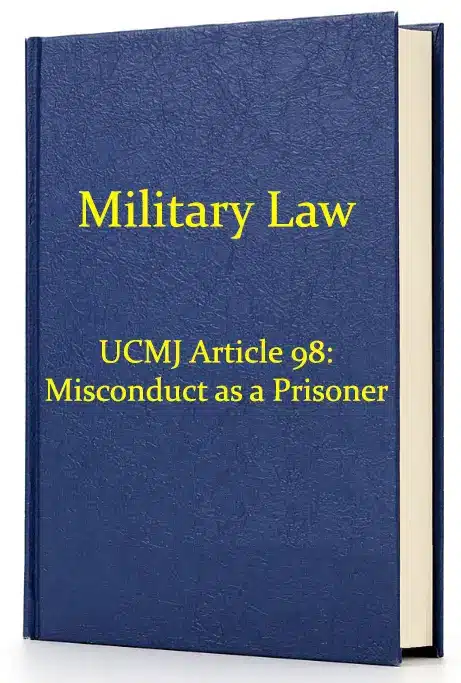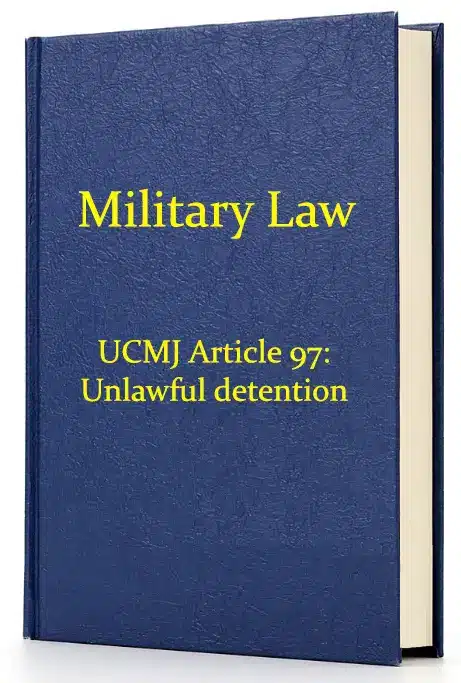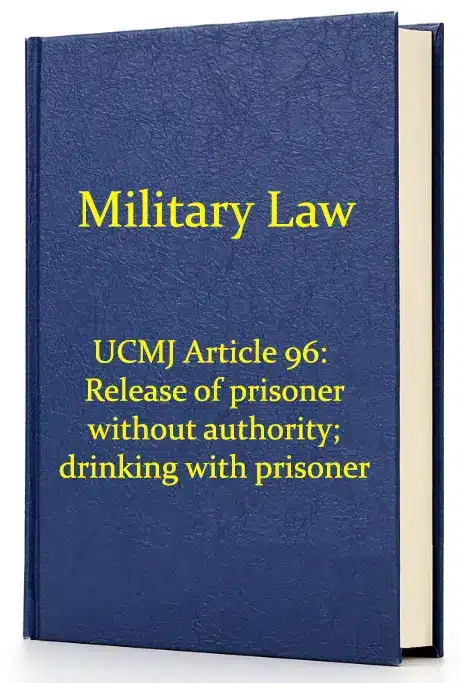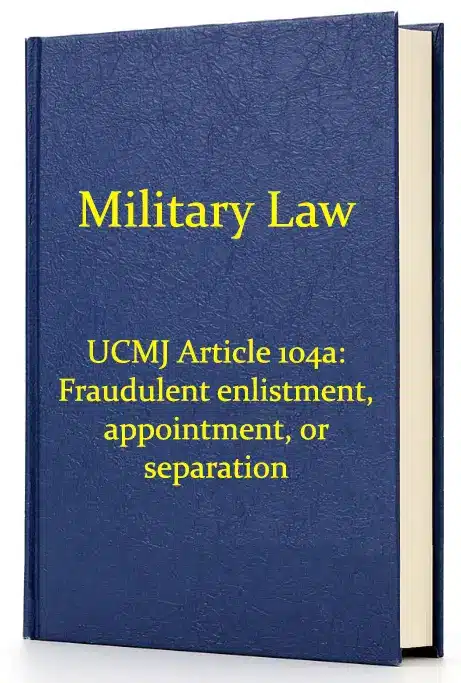
UCMJ Article 104a: Fraudulent enlistment, appointment, or separation
A fraudulent enlistment, appointment, or separation is when the accused knowingly and willingly falsified or concealed elements or matters specific to the qualifications prescribed by law, regulation, or orders for a particular enlistment, appointment, or separation. This may include information used by a recruiting, appointing, or separating officer in deciding on enlistment, appointment, or separation in a specific case.

